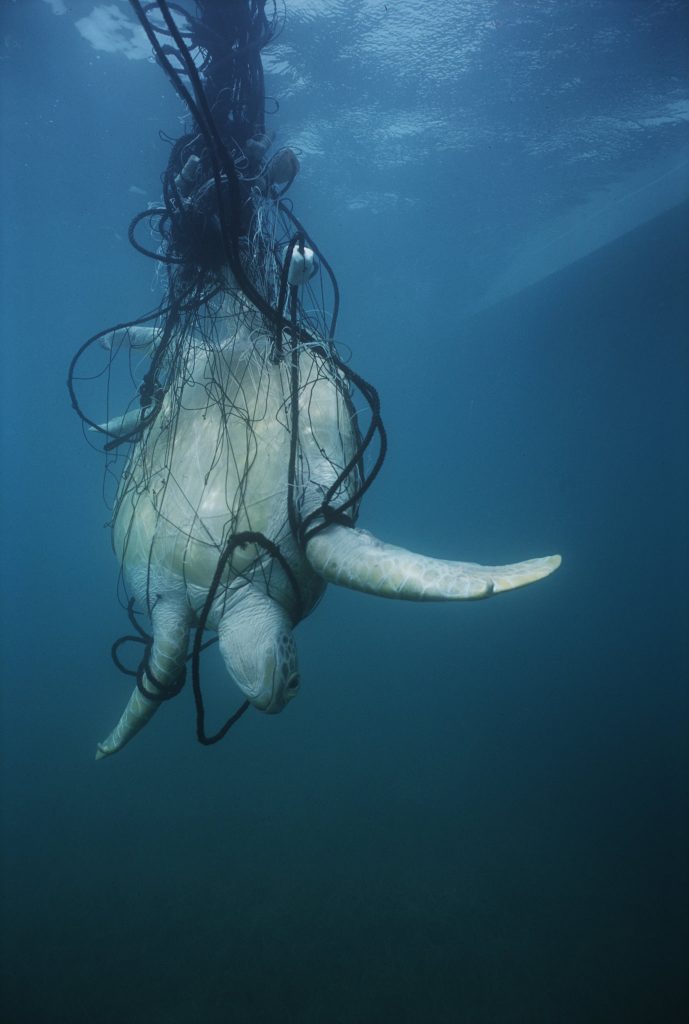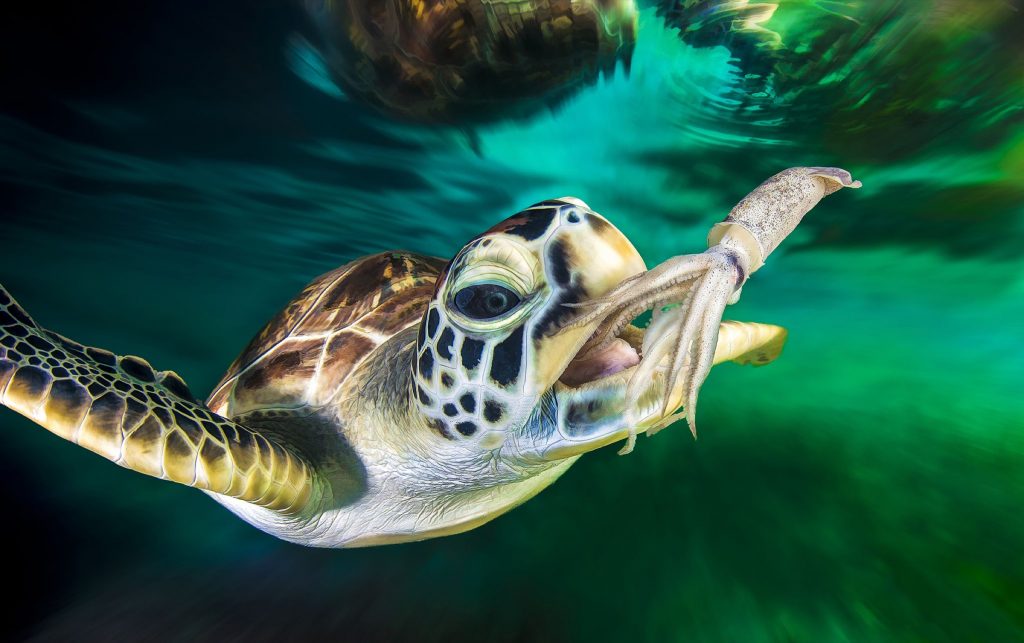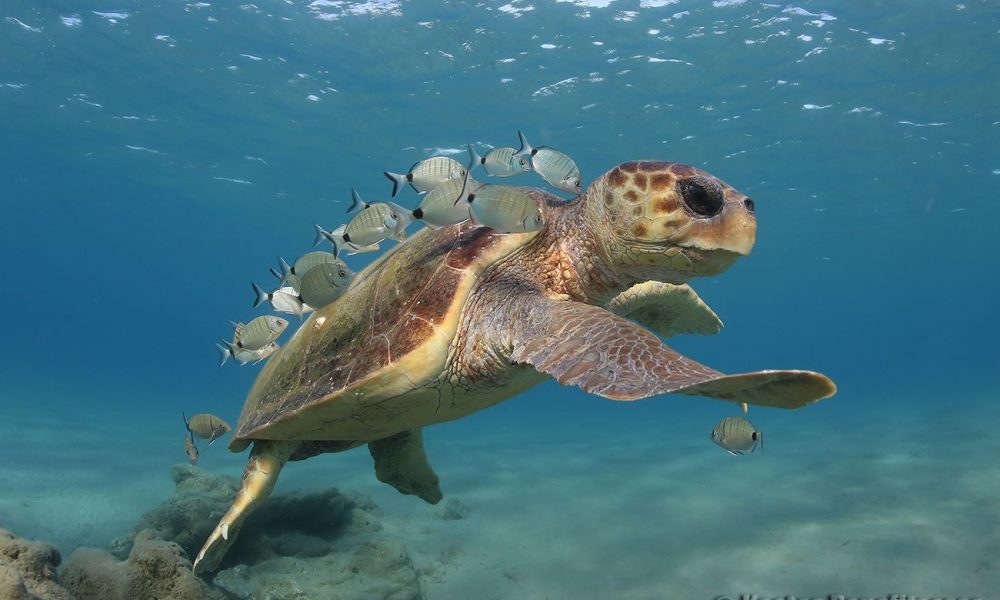The Bern Convention has reopened a Case File on Zakynthos and its sea turtles following repeated reports presented by the Greek NGO, MEDASSET. Greece is home to two of the world’s seven surviving species. The loggerhead and the green turtle both nest in the sands of Mediterranean beaches, while the enormous leatherback can occasionally be spotted at sea, as a few individuals always seem to wander in from the Atlantic.
The popular Greek island of Zakynthos has for years hosted the greatest number of loggerhead nests in the Mediterranean, and the Bay of Kyparissia, on the western coast of the Peloponnese, has become increasingly recognised as an important nesting site – reportedly overtaking Zakynthos for sheer nest numbers in recent years. Nevertheless, not only the loggerhead’s welfare but also its very survival is constantly under threat.
As is the reality for so many wild animals, the habitats of these extraordinary marine reptiles have gradually been encroached on and damaged by human activities… shipping, building development, light and plastic pollution, disturbance from water sports, pleasure craft, parties at night, beach furniture and umbrellas – and particularly fishing – all contribute to the pressure sea turtles are now under. Females coming ashore on Greek beaches are far too frequently disturbed by human presence and activities and this can cause them to abort their attempt to nest.
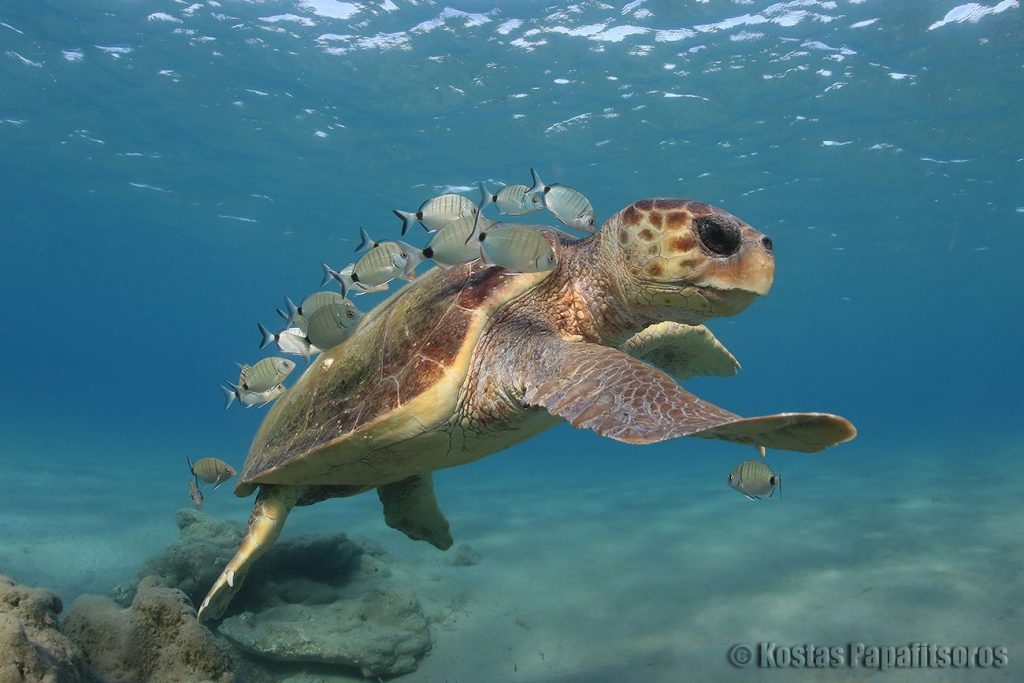
In Greece, there are two active organisations that seek to protect sea turtles… ARCHELON runs a well-established and successful rescue and rehabilitation centre in Glyfada and monitors nesting at the most important sites, collecting vital data. MEDASSET carries out research into many aspects of the ways in which humankind and turtles interact and lobbies internationally for their better protection.
Animal Action Greece has supported MEDASSET projects in the past and we continue to follow developments and research findings with interest. In addition to the challenges turtles face on their nesting beaches, their welfare is of great concern where they come into contact with fisheries. Sea turtles are air-breathing animals. Although they can hold their breath under water for long periods, they must surface regularly. So, when they become entangled in nets or get caught on baited hooks, hundreds are cruelly drowned each year. Efforts are continually being made by both above non-profit organisations to minimise the effects of the fishing industry on sea turtles and other marine creatures, such as seals, dolphins and sea birds. Engagement with the fishing community and efforts to develop less harmful fishing techniques are ongoing.
Supported by ARCHELON data, MEDASSET has been exerting pressure on the Greek authorities to protect the country’s sea turtle nesting beaches since 1988. Each year, “Case Files” are presented by MEDASSET at the annual meeting of the Parties (EU nation states) that are signatories to the Bern Convention on the Conservation of European Wildlife and Natural Habitats. A Case File on Kyparissia Bay is still open, but it is 20 years since the Convention’s Case File on Zakynthos was closed.
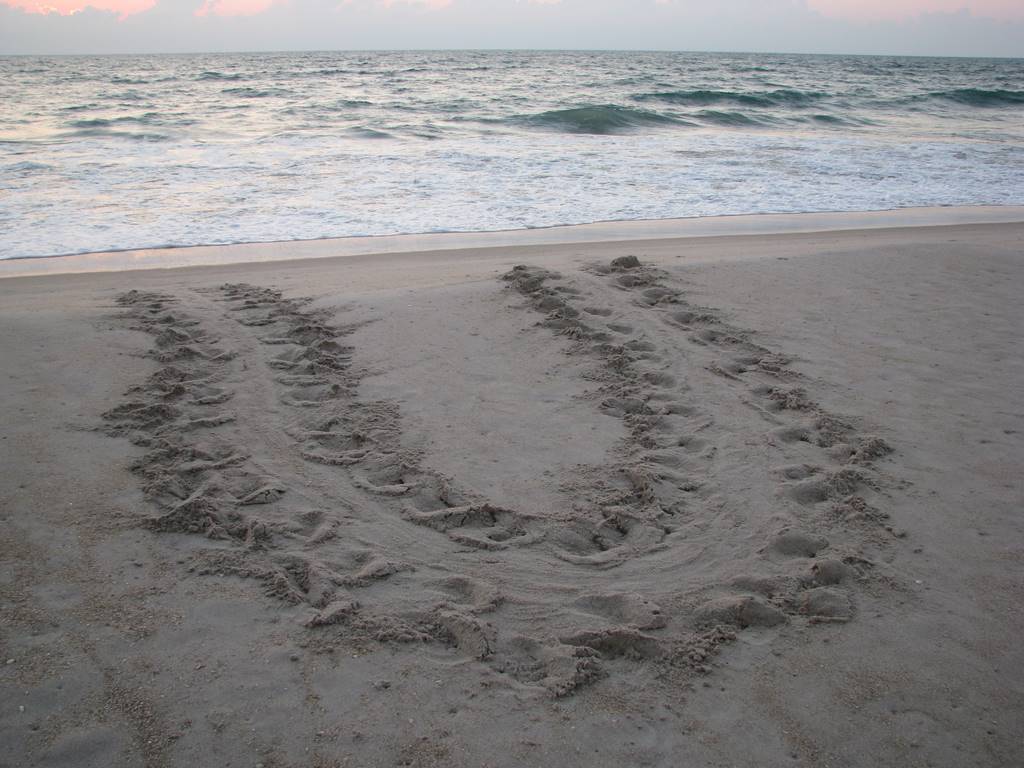
It had been thought (hoped) that the establishment of Zakynthos National Marine Park back in 1999 would provide the regulation and good management needed to protect the loggerhead sea turtle’s most important Mediterranean nesting beaches, but early optimism proved unfounded. Harassed and alarmed female turtles will make repeated attempts to come ashore to nest but if they don’t feel safe, they will dump their whole clutch of up to 200 fertile eggs at sea and not one of those young will survive.
MEDASSET has now successfully argued for the Bern Convention’s Case File on Zakynthos to be reopened. This year, in 2020, the Contracting Parties to the Convention agreed to do so, as it is clear that the protection measures in place are not being effectively implemented by the Zakynthos Marine Park authorities. Sadly, MEDASSET’s success is only a sign of failure.
Will the (unprecedented) reopening of the Case File make any difference to the welfare of nesting turtles in Zakynthos? The Bern Convention has a small budget and no real ‘teeth’. Its members can’t impose penalties or force any nation state to fall into line. But the Convention is an international treaty and, each time a complaint is presented, national representatives are put under pressure to explain their failings and do better.
Meanwhile, it seems likely that Greece’s female turtles, returning to the beaches where they themselves hatched to dig a nest and lay their eggs, will continue to face the multiple challenges that humans insist on putting in their way.
